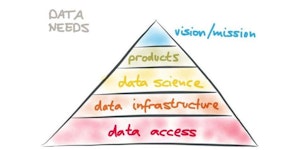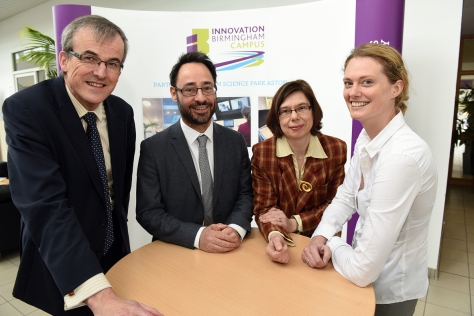Digital Birmingham is part of a group of local councils that are leading the open data and transparency agenda, set up by Cabinet Office, to share learning and develop our thinking and future approach. Last week I attended a lively discussion and wanted to share some ideas, picked up from Glasgow, Hampshire, Devon, GLA, Lambeth, Future Cities Catapult and others. Small caveat: This is my interpretation of what was discussed, if you have been there or know more about these projects, please feel free to comment or correct.
Open Data has been around for a good few years now and quite a number of local councils have followed Government’s lead and published much more data than is required by law. Many good examples such as the London Data Store, Open Glasgow, Nottingham and last but not least Birmingham’s Open Data Factory have been created and initiatives such as the LGA Incentive Scheme and the Breakthrough Fund encourage councils to publish more data sets.
Much of this work has been done based on goodwill, a leap of faith and often some form of grant funding. This has created lots of anecdotal evidence and great stories but we’re now reaching the point where a good business case is needed to do more work and justify longterm effort and cost. As one attendee put it: Council decision makers might be able to find funding but they lack a clearly investable proposition.
In response to this, the Open Glasgow team, which has been set up as part of their Future City Demonstrator project, has started to work on measuring the benefits that nearly 2 years of open data activity have created. They have created the categories below and expect results to be available in late summer 2015.
| Transparency
– Intrinsic value for organisation
– Savings evidenced through reduced FOI requests |
Insight
– Value of sharing internally
– Value of combining new data
|
| Engagement
– Changing the conversation with the citizen
– Reduced cost to engagement
– Citizens connect easier to assets and services |
Visualisation
– Better decision making due to analysis and presentation
– Measurable efficiencies or savings internally |
Glasgow Benefits for Open Data
Another approach to answering the question about value is a change of the selling proposition: All of us, councils, public sector organisations, private and third sector organisations are consumers of data. We consume data on a daily basis to run our services, monitor and improve operations. Good data is the lifeblood of our internal operations and will usually have agreed quality standards. Publishing some of our data could just be a by-product that shouldn’t’ require much extra effort. By publishing data we’re enabling it to be shared and reused internally much more easily. Additionally, data that is being viewed and used will drive its own quality improvement because users will spot anomalies and may suggest corrections or a better format that benefits more users.
Last but not least, the Future Cities Catapult is undertaking research into Measuring the Value of Data. Led by Catherine Mulligan, Head of Digital Strategy and Economics, they are looking at developing like for like comparisons to estimate realistic value of open data for the economy and counter the various estimates that are floating around assigning Billion $ scenarios to the exploitation of data. This work will also address how to value the complementarity of datasets i.e. value created, possibly early on and on a smaller scale, through combining several 3 datasets that have not been combined before.






